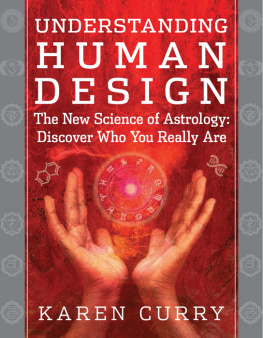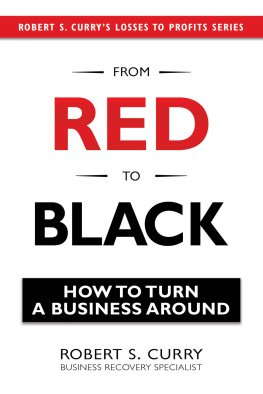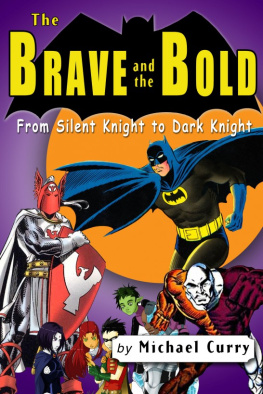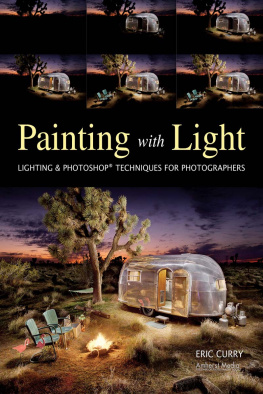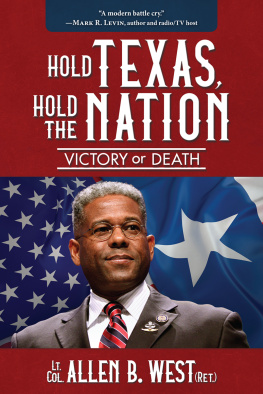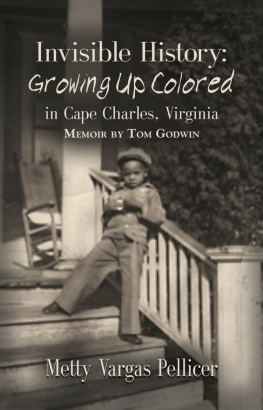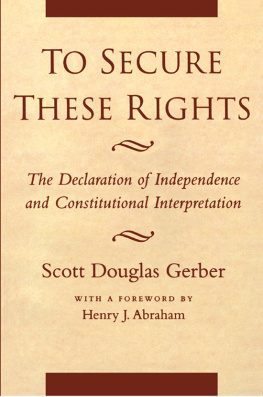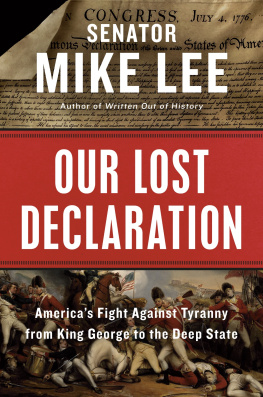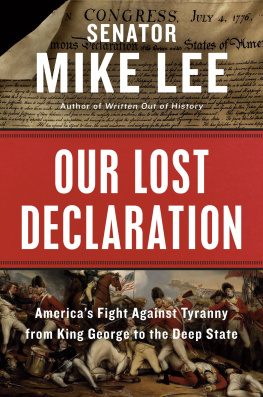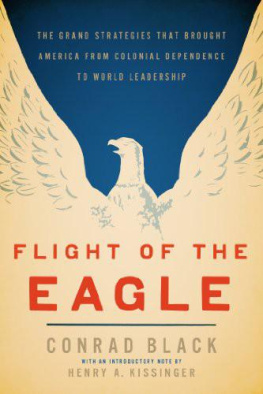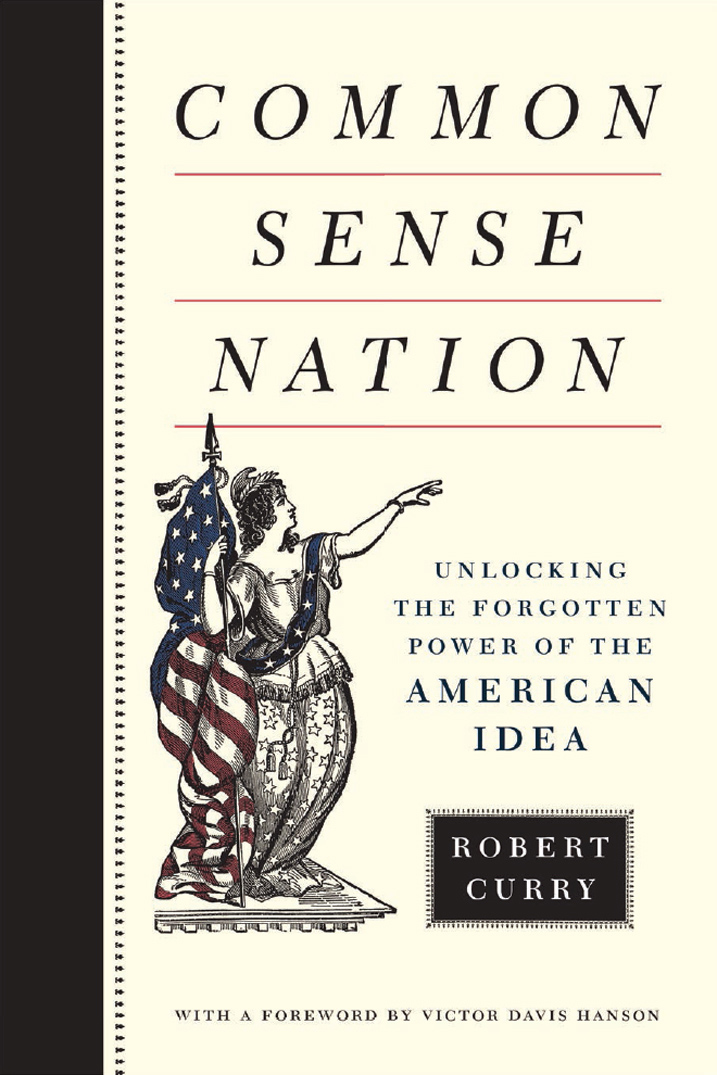


2015 by Robert Curry
All rights reserved. No part of this publication may be reproduced, stored in a retrieval system, or transmitted, in any form or by any means, electronic, mechanical, photocopying, recording, or otherwise, without the prior written permission of Encounter Books, 900 Broadway, Suite 601, New York, New York, 10003.
First American edition published in 2015 by Encounter Books, an activity of Encounter for Culture and Education, Inc., a nonprofit, tax exempt corporation.
Encounter Books website address: www.encounterbooks.com
The paper used in this publication meets the minimum requirements of ANSI/NISO Z39.48 1992 (R 1997) (Permanence of Paper).
FIRST AMERICAN EDITION
LIBRARY OF CONGRESS CATALOGING-IN-PUBLICATION DATA
Curry, Robert, 1944
Common sense nation: unlocking the forgotten power of the American idea/Robert Curry.
pages cm
Includes bibliographical references and index.
ISBN 978-1-59403-826-6 (ebook)
1. United StatesPolitics and governmentPhilosophy. 2. Founding Fathers of the United States. 3. United States. Declaration of Independence. 4. United States. Constitution. I. Title.
JK31.C87 2015
320.973dc23
2015017131
Dedicated to my lovely bride, Lisa, and to my many friends at the Claremont Institute, especially Charles Kadlec, Brian Kennedy, Claire Landiss, and John Marini who so generously helped me with this book.
The Foundation of our Empire was not laid in the gloomy age of Ignorance and Superstition, but at an epoch when the rights of mankind were better understood and more clearly defined than at any former period; the researches of the human mind after social happiness have been carried to a great extent, the treasures of knowledge... are laid open for our use, and their collected wisdom may be happily applied in the establishment of our forms of government.
GEORGE WASHINGTON ON AMERICAS FOUNDING
The sacred rights of mankind are... written, as with a sunbeam, in the whole volume of human nature, by the hand of Divinity itself, and can never be erased or obscured by mortal power.
ALEXANDER HAMILTON
We hold these Truths to be self-evident, that all men are created equal, that they are endowed by their Creator with certain unalienable Rights, that among these are Life, Liberty and the pursuit of Happiness.
THOMAS JEFFERSON
Common Sense Realism was virtually the official creed of the American Republic... So what was it?... The power of common judgment belongs to everyone, rich or poor, educated or uneducated; indeed, we exercise it every day in hundreds of ways. Of course, ordinary people make mistakesbut so do philosophers... On some things, however, like the existence of the real world and basic moral truths, they know they dont have to prove it. These things are... self-evident, meaning they are no sooner understood than they are believed because they carry the light of truth itself.
ARTHUR HERMAN

Table of Contents
Guide

Contents

Robert Curry believes that the roots and traditions of the Founding Fathers should once again become common knowledge to contemporary Americans. These are strange times in which all too many citizens are confused about their present culture and government. Ignorance of our own past is largely the cause. A broad cluelessness also exists about how Americas creation has been deliberately massaged for contemporary political purposes in ways antithetical to the views of the Founders.
In truth, present political agendas seek to remake or obliterate the American past. Even many of those who are familiar with the contours of the American Revolution and the founding of the republic, especially in academia, journalism, the arts, and politics, believe that the late eighteenth-century birth of America was either morally problematic or hasand should havelittle relevance for the contemporary United States. Twenty-first-century America, then, to the degree that it is exemplary, powerful, and influential abroad, owes its good fortune more to natural lucka huge land mass, abundant natural resources, and a large populationin the manner of, say, Brazil, China, or Russia. Even if a nations customs and traditions do count, our history is largely the story of an establishment of white males who thrived through the oppression of minorities, women, indigenous peoples, and immigrants, and whose founding principles still can reflect those class and racial prejudices.
Curry believes that the causes for this epidemic of false knowledge are explainable by the decline of classical liberalism. It once championed the liberty and unfettered expression of the individual, but was absorbed and corrupted by modern liberalism. The latter counterfeit doctrine immodestly assumed the states right of almost limitless power over the individual to ensure an equality of result, largely by using government capital and power to change the nature of man. In other words, the Founders promotion of the unfettered intellect to appreciate how divinely endowed freedom is innate to the human condition gave way to a government creed embracing secularism, atheism, and agnosticism. Only the supposedly pure reason of self-appointed experts could explain all the mysteries of mans physical and spiritual existence.
Each succeeding cadre of intellectuals would render obsolete more of the Founders stale admonitions. These later generations were the products of a technological, sophisticated, and improved age of rapid social, material, and ethical progress, scarcely recognizable to the reactionaries who drafted the Bill of Rights.
In contrast, Curry emphasizes three forgotten pillars upon which the American idea was birthed and nourished. One, the creators of the American ideal drew on earlier and contemporary European free-thinkers for the Declaration of Independence, the U.S. Constitution, and The Federalist Papers. But their particular intellectual fonts were decidedly the Scottish Enlightenment philosophers and, to a lesser extent, their counterparts in Britainbut not so much the French Enlightenment of Voltaire and Rousseau, who were hostile to religion, favored mandated equality over constitutionally protected individual liberty, and believed in the malleability of human nature.
Classical liberalismthe confidence in the individual to think and function freely apart from government coercionwas quite different than modern liberalism. The former accepted that free choice and reasoning at times might result in inequality, but assumed that societys institutions and mans naturereligion, charities, human kindness and brotherhoodwere the correctives of a humane society. Modern liberalism, in contrastespecially under Woodrow Wilson and Franklin Delano Rooseveltdid not trust either the intelligence or the maturity of the individual citizen. Modern liberals instead assumed that only properly coached and powerful elites and their technocrats could curb unhelpful personal expression and misguided individual choices to achieve more cosmic goals of equality and perceived collective fairness.



